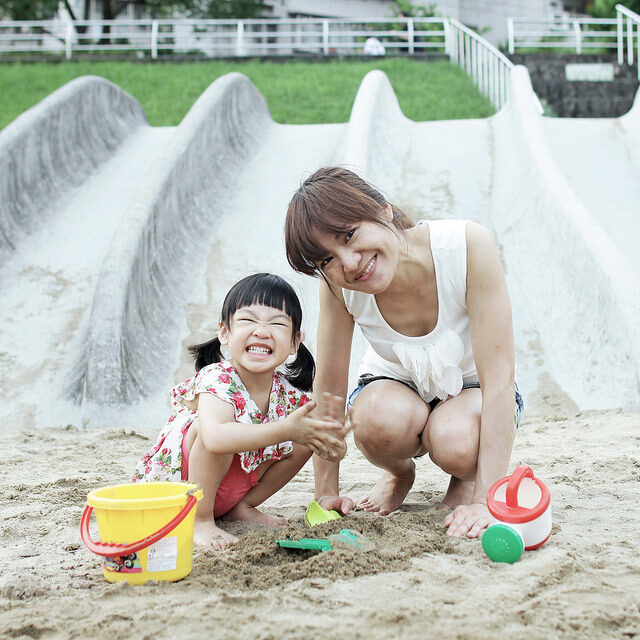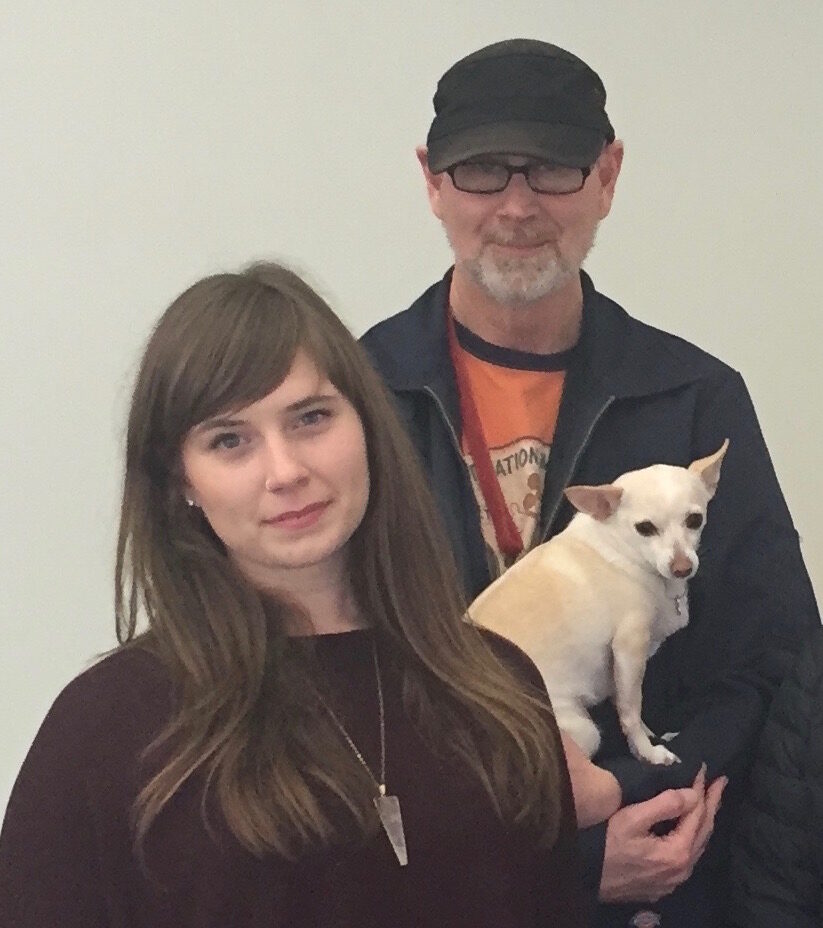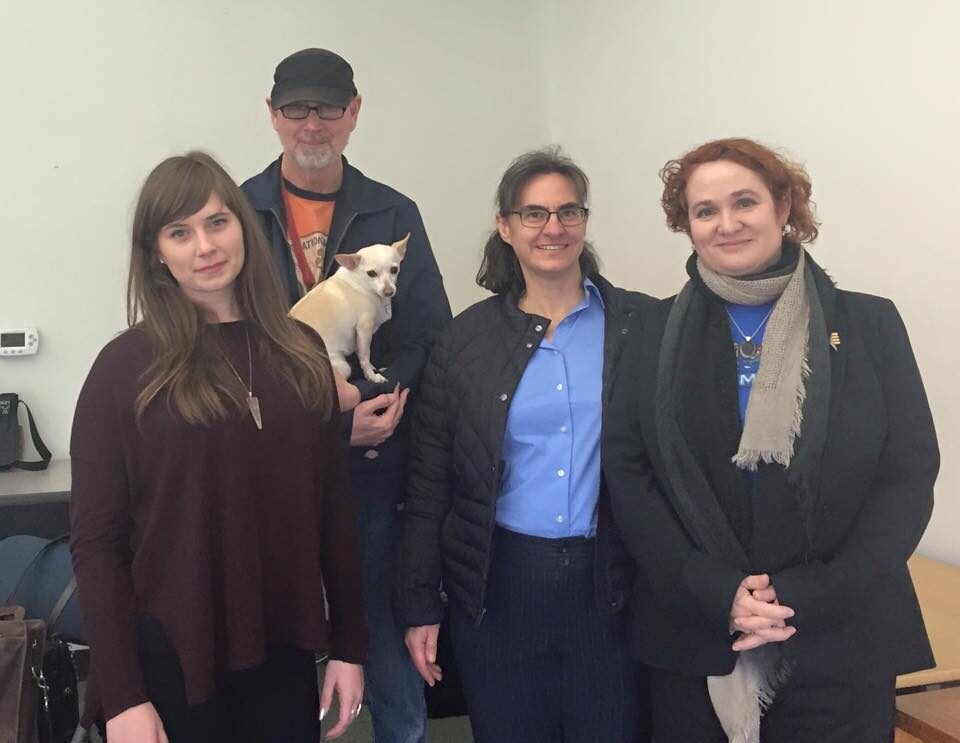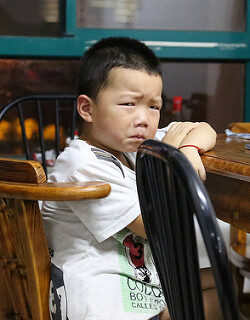Don’t take away your child’s voice; take away their suffering. ABA is a cruel response to aggressive behavior. Meet that behavior with love, calm, support, and an investigative search for the source of your child’s struggle instead.
Tag: Lindsey Anderson
It’s important to remember that when an autistic person is struggling or having aggression, they are not being “bad” or trying to do something to you personally—even though it can feel like that, especially if they’re screaming at you or making you angry.
–> Shannon Des Roches Rosa Senior Editor, Thinking Person’s Guide to Autism Why do some autistic children and teens become self-injurious or aggressive? How can parents and caregivers help the kids in their care get through meltdowns safely, protect the kids themselves as well as family members, and anticipate and avoid future incidents? This was the topic of a recent workshop I moderated at Support for Families of Children With Disabilities, in San Francisco, with speakers Dr. Clarissa Kripke, Brent White, and Lindsey Anderson. The presenters covered a lot of material, which we’ll publish here in three parts: Overview (Shannon Des Roches Rosa) Medical and trauma-informed practices (Dr. Clarissa Kripke) Autistic professional and personal insights (Brent White and Lindsey Anderson) The workshop was well-attended (standing room only), engaged and productive. One of my favorite parts was that, after a short explanation of why “flappause,” or flapping one’s hands for applause,…
San Francisco Bay Area Locals: Please come to a free workshop at Support for Families of Children With Disabilities, in San Francisco, on Saturday, January 9th. When Autistic Children Are Aggressive or Self-Injurious: Best Support Practices Photo © Akuiliu, on Flickr [Image: Upset-looking East Asian child] Why do some autistic children and teens become self-injurious or aggressive? How can parents and caregivers help the kids in their care get through meltdowns safely, protect the kids themselves as well as family members, and anticipate and avoid future incidents? Come hear from parents, professionals, and autistic people themselves about best practices for understanding and supporting autistic people during these kinds of crises. There will be a Q&A after the presentations. Speakers include: Dr. Clarissa Kripke from UCSF, talking about overlooked medical and health triggers, as well as meltdown support strategies. Brent White and Lindsey Anderson from Berkeley’s Ala Costa Adult Transition Program,…



